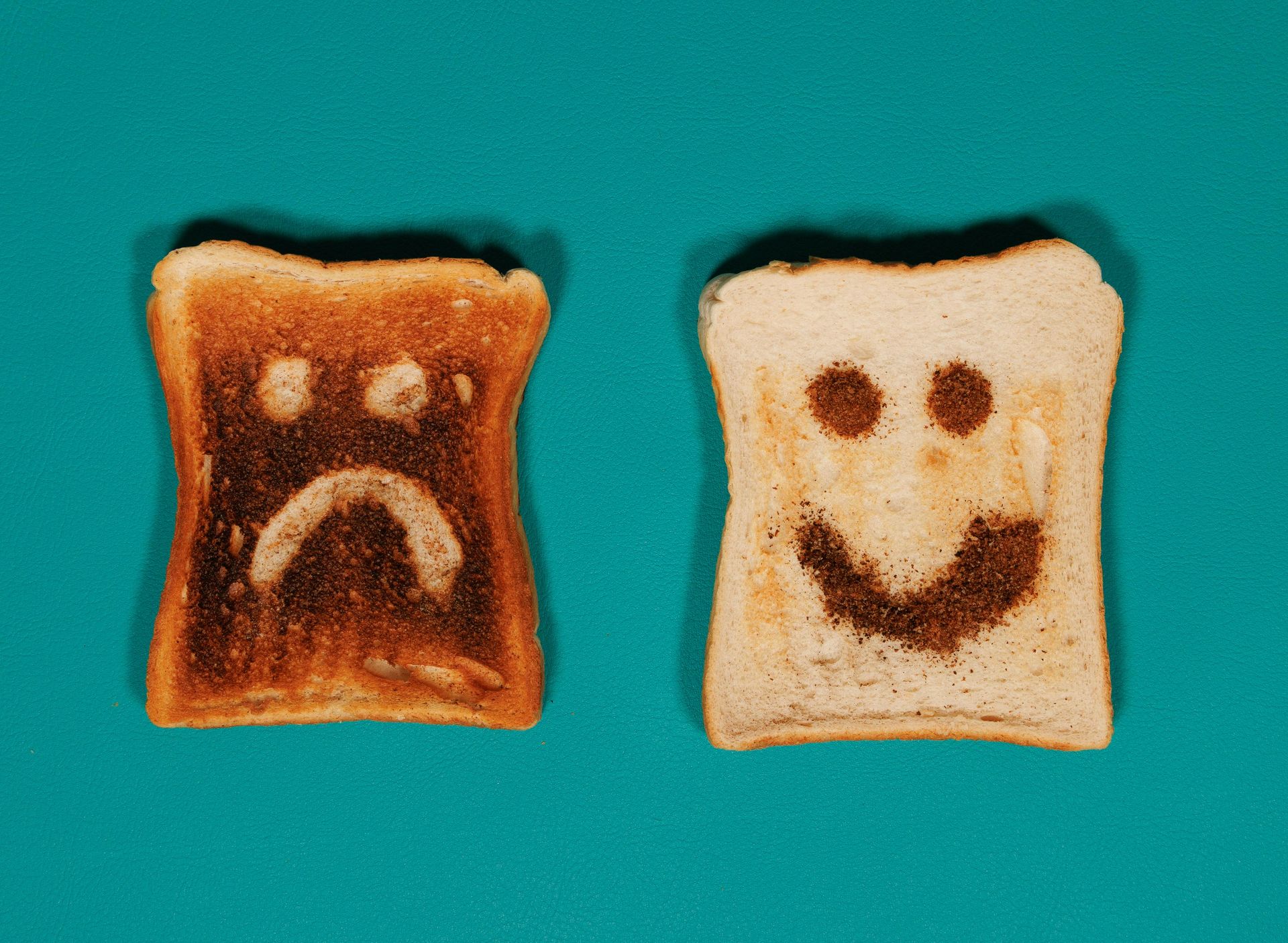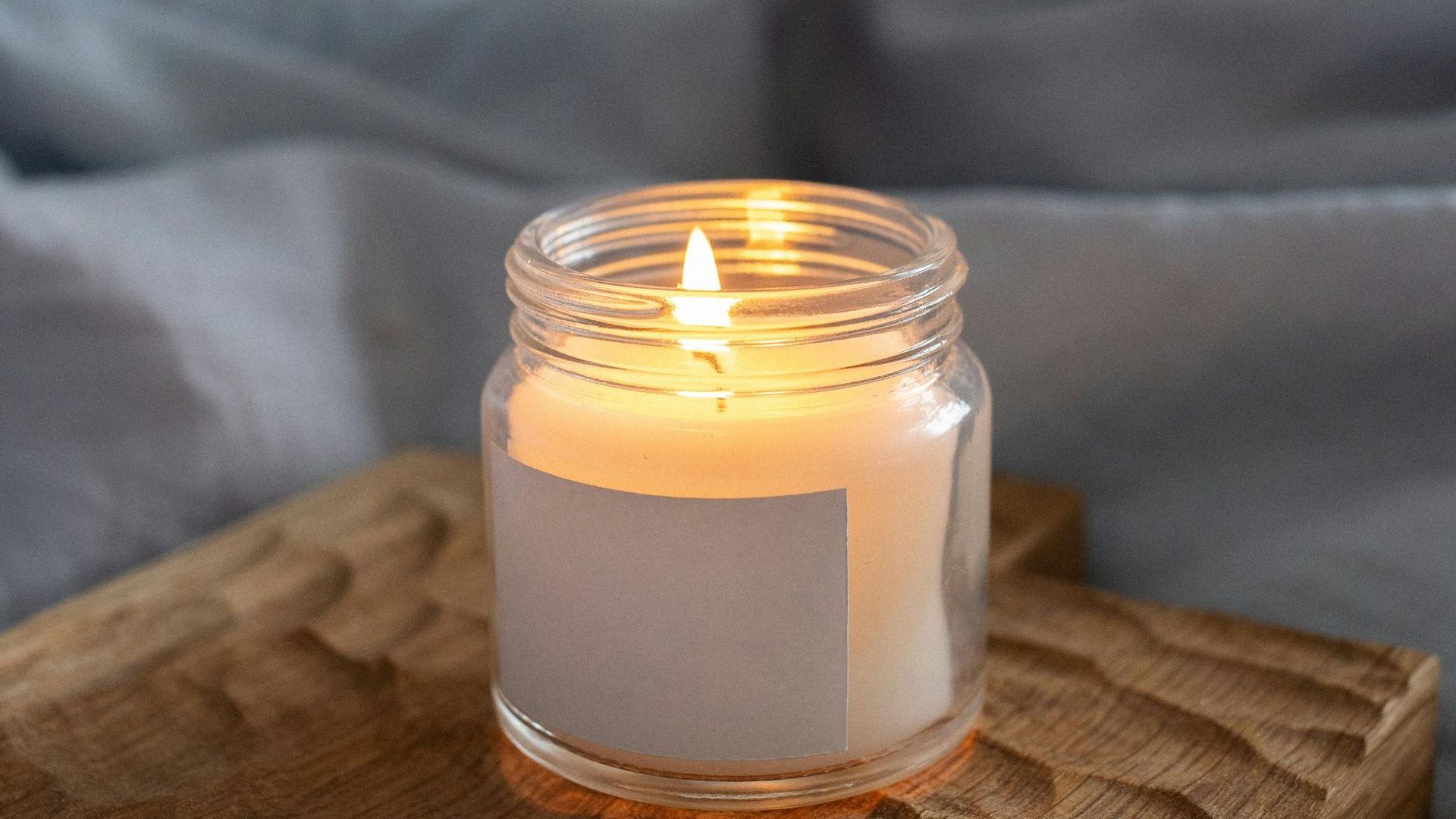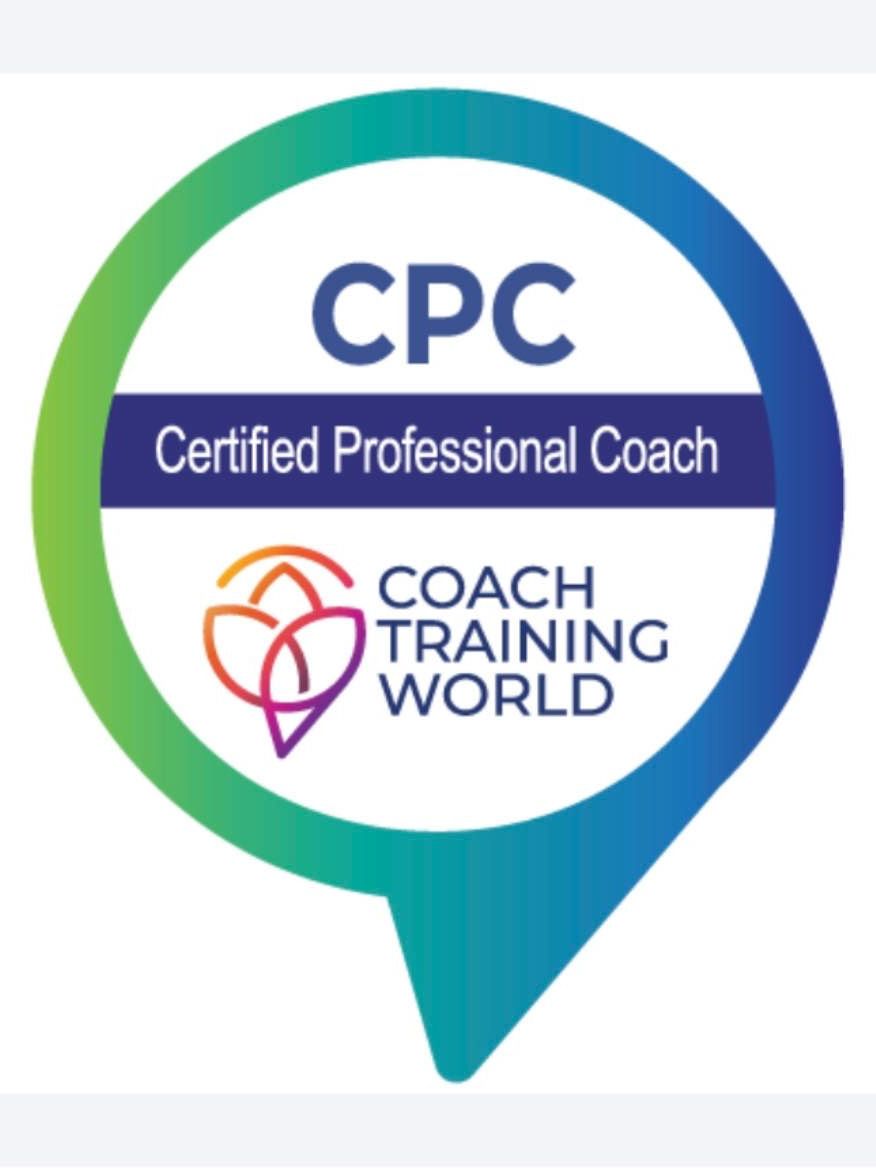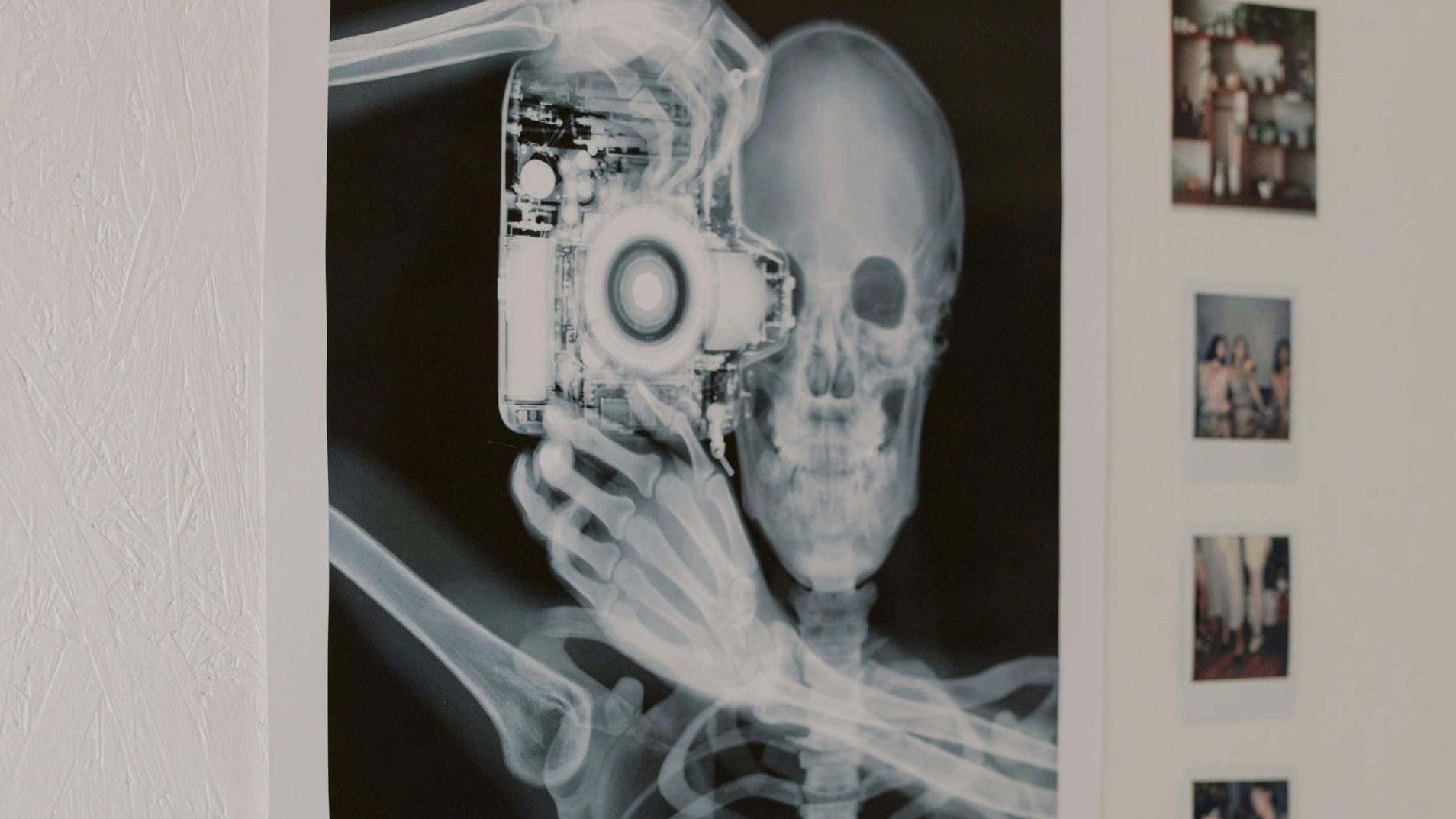Unequal Endings
Unequal Endings: Coping with the Different Speeds of Moving On
When a relationship ends, it’s rarely a mutual realization at the same time and pace. Often, one person comes to terms with their feelings well before the other. They’ve started detangling their emotions, imagining life without the relationship, and even grieving its loss—sometimes without saying a word. For the other, the news hits like a tidal wave.
This unevenness creates two very different journeys. One person might feel relief, ready to step into a new chapter, while the other is blindsided, struggling to process a reality they never saw coming.
For the person playing “catch-up,” the road can seem much more difficult. Grieving what was, confronting what is, and adjusting to an unfamiliar future can feel overwhelming. The slower pace of healing isn’t a sign of weakness but rather a testament to the depth of their love and investment.
Meanwhile, the person who knew their feelings earlier may feel frustration or guilt. They might question if they handled things “right,” or feel burdened by their partner’s emotional struggle. But, we must remember, that just because this person appears to be ready to move on, doesn't have to mean that they had an easy time getting to this point, it may have just happen sooner.
This imbalance can make closure complicated, especially when one side might be ready to move forward while the other is just beginning their process.
How a Coach Can Help
A life or relationship coach can be an invaluable guide during this uneven transition. Coaches provide a neutral, supportive space to process your emotions, set personal goals, and build the tools needed to move forward.
For the person struggling to “catch up,” a coach can help them unpack their feelings, understand the grief they’re experiencing, and rebuild their sense of self. Whether it’s through journaling prompts, mindfulness exercises, or helping to envision a new chapter, coaches offer personalized strategies to navigate the overwhelming emotions that arise.
For the person who’s already made peace with their decision, a coach can help address lingering guilt or hesitancy about moving on. They can also provide guidance on how to communicate with empathy, ensuring that both people feel respected and heard in this challenging time.
The end of a partnership often requires deep honesty about the uncoupling, the relationship, and yourself-- something a coach can help you uncover with compassion. whether your the one moving on or playing catch-up, a coaching provides a safe space to find clarity, uncover life lessons, and discover positives even in turbulent times, helping you move forward with authenticity and self-awareness.
Breakups don’t have to feel isolating. A coach acts as a compassionate guide through the grey areas, helping both individuals—whether together or apart—find clarity and confidence to move forward at their own pace.
Moving Forward
To navigate this uneven terrain, it’s vital to embrace patience and compassion—for yourself and for each other. Just as relationships are a shared experience, so too are breakups. Even when moving in opposite directions, there’s room for understanding and care.
Recognizing that healing has no set timeline—and that grief takes different forms for everyone—can make the process less isolating. You don’t have to heal at the same speed; you just have to honor where you are. And with the right support, whether from a coach or a trusted confidant, you can find your way through to the other.


Contact Info











